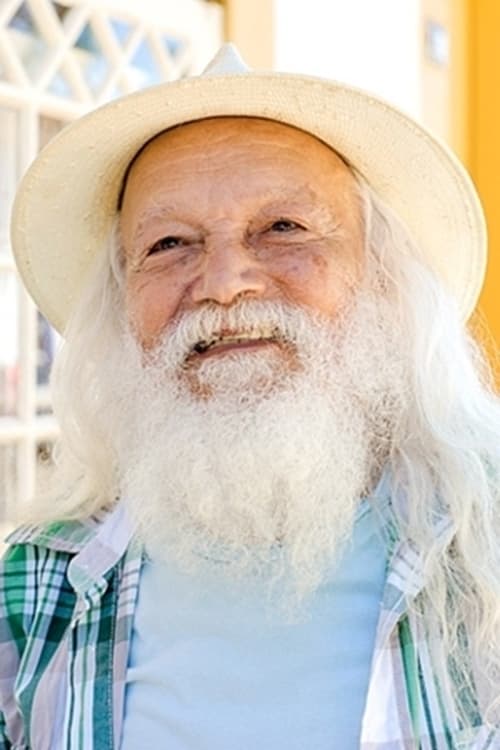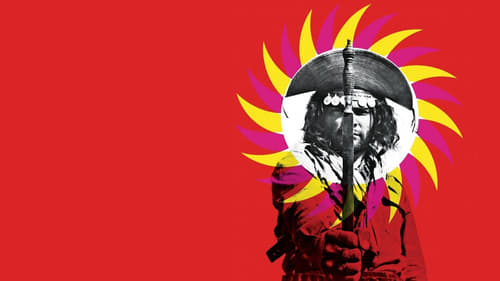Luiz Paulino dos Santos
출생 : 1932-03-19, Bahia, Brazil
사망 : 2017-05-02
약력
Luiz Paulino dos Santos (1932-2017) was a Brazilian screenwriter, producer, director of photography, filmmaker, and occasional actor.
Born in the state of Bahia, Paulino dos Santos was already involved with local filmmaking by the late 1950s being the cinematographer for Glauber Rocha's 1959 short "O Pátio". In 1961, he got signed up with Rex Schindler's production company Rex Filmes to write and direct a feature-length film,"Barravento". Shortly after shooting had started, however, he left the project and was replaced by Glauber Rocha, who also rewrote parts of the script, with dos Santos being credited as co-screenwriter.
In the same year, he was also in Nelson Pereira dos Santos' entourage to film "Vidas Secas", which was unsuccessful when production found out that a season of rain had made the film's dry location burst with trees, plants and flowers. When Pereira dos Santos decided to use the trip to write a quick script and shoot a Brazilian-style western, that would be titled "Mandacaru Vermelho", Paulino dos Santos became one of the film's improvised actors, along with a group of technicians that included director Nelson Pereira himself.
From the 1960s on, Paulino dos Santos developed a body of work of his own both as a screenwriter and as a director, in a career that ended with his passing in 2017. He was nominated for Best Feature in 1976s Gramado Film Festival for "Crueldade Mortal", and his last film was "Índios Zoró: Antes, Agora e Depois?", released in 2016.



